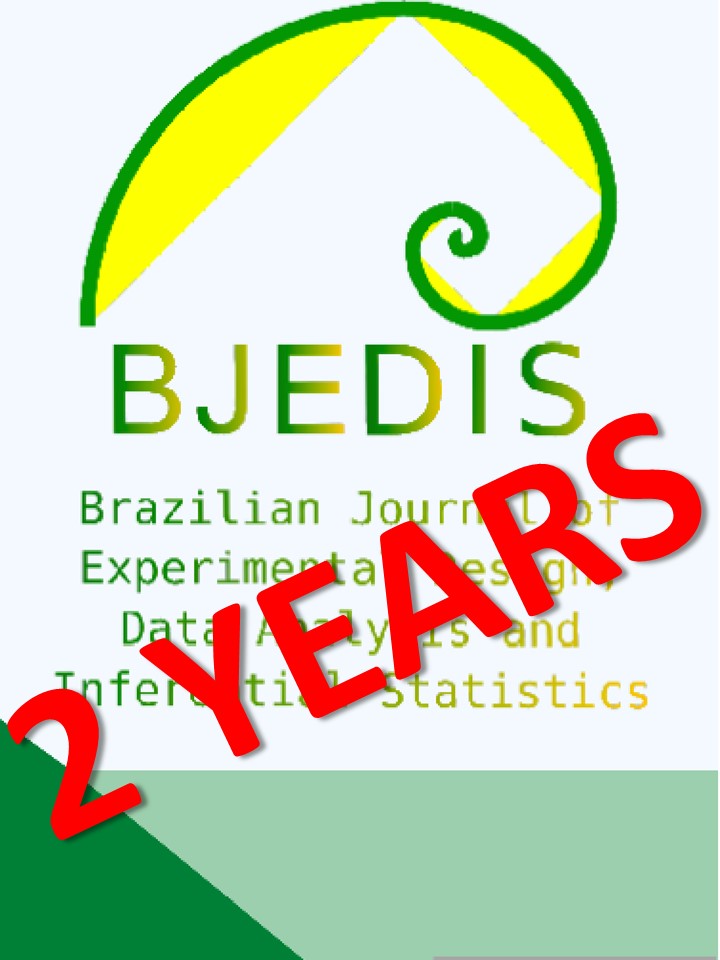Evaluation of Eco-Points in the Management of Urban Solid Waste: a Case Study at the IFRJ campus Duque de Caxias – RJ
DOI:
https://doi.org/10.55747/bjedis.v1i1.62175Abstract
The gravimetric composition of waste solids urban, organic matter is the main component, representing 45.3% of the total national generation, followed by plastic (16.8%), paper and cardboard (10.4%), and multilayer packaging (5.6%). Faced with this waste problem, the operation of an eco-Point is one of the solutions to mitigate this problem. Its main motivation is voluntary delivery, that is, people must take their waste to these reception locations. In line with national solid waste policy, eco-points are an important tool for environmentally correct waste management, complementary to the public collection and management service. This project's general objective is to create an eco-point for the reception and correct final disposal of urban solid waste with an emphasis on plastic waste from the IFRJ campus Duque de Caxias community and its surroundings the main objective was to show the preliminary results of implementing an eco-point in a school unit. At this moment, 1 ton of plastic waste, 350 kg of aluminum, and 150 liters of waste vegetable oil have been collected from the community and school surroundings. Furthermore, the project has 15 regular volunteers and was very well accepted by the school community. We are investing in awareness talks to mobilize and engage more people.
Downloads
Downloads
Published
Issue
Section
License
Copyright (c) 2023 Brazilian Journal of Experimental Design, Data Analysis and Inferential Statistics

This work is licensed under a Creative Commons Attribution 4.0 International License.
AUTHORS’ DECLARATION AND COPYRIGHT TRANSFER AGREEMENT
The undersigned authors hereby declare that the submitted manuscript is an original work and has not been previously published or submitted, in whole or in part, to any other journal. The authors further commit not to submit this work to any other journal while it is under consideration by BJEDIS.
We affirm that the manuscript is free from plagiarism, and we accept full responsibility for any allegations of academic misconduct that may arise.
By submitting this manuscript, the authors irrevocably transfer all copyrights of the work—including, without limitation, the rights of reproduction, distribution, translation, and public communication in any form or medium—to BJEDIS. Any breach of this agreement may result in legal action in accordance with the Brazilian Copyright Law (Law No. 9.610 of February 19, 1998).
The authors also declare that there are no conflicts of interest related to this work. All sources of financial support have been properly acknowledged in the funding section of the manuscript.



